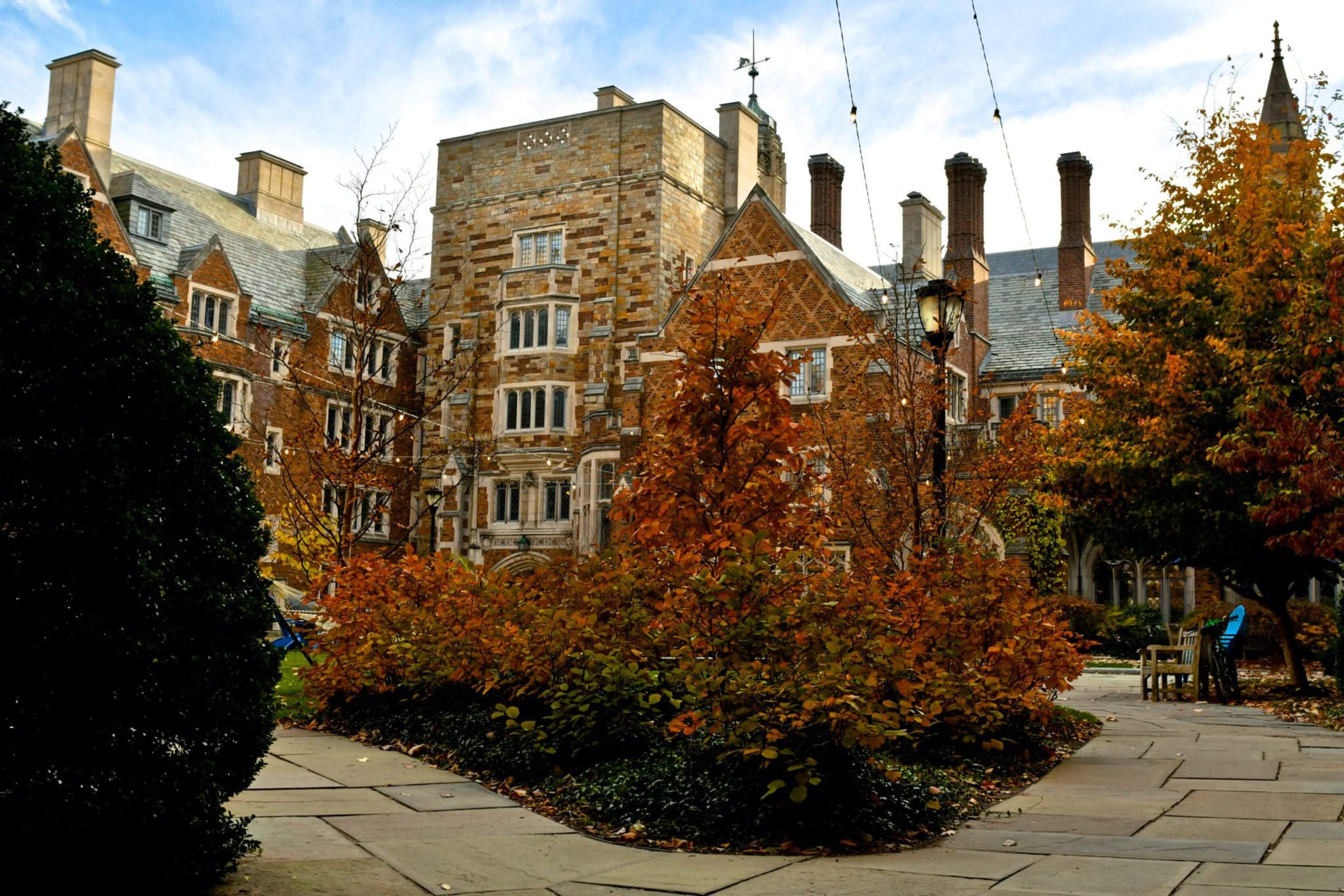
David Zheng
All students will undergo some form of quarantine upon returning to New Haven this fall, according to a Friday email from Yale College Dean Marvin Chun.
The announcement detailed quarantine measures for students returning to New Haven — which will include a mandatory 14-day quarantine period for all students who return to campus before a specific date. Upon arrival, students must stay in their suites for around 24 to 36 hours to wait for the results of an on-campus coronavirus test. But even if the test comes back negative, those living in the dorms will be required to quarantine. During this two-week period, students will not be able to leave their residential college or Old Campus.
“The effort to open campus is extraordinary, truly a communal effort, and it includes not only the faculty and staff but you as well, with the support of your parents and guardians,” Chun wrote in his email. “The semester ahead has many questions still. As answers become available, we will share them with you.”
Students who come from abroad or from the dozens of American states and territories deemed “restricted” by Connecticut authorities should arrive on the week of Aug. 24 and begin their 14-day quarantine on the day of their arrival, Chun’s email stated. Students from low-risk areas can choose to come to campus on the week of the 24th and quarantine with the other students, or they can delay their arrival to campus until the 14-day quarantine ends for others. These students will still be asked to quarantine until their initial virus test comes through.
Chun added that failure to adhere to the “community compact” could result in removal from campus and a $1,000 fine from the state of Connecticut.
One to two weeks before leaving for New Haven, students will be asked to take a viral test.
According to the email, Yale plans to provide face coverings, thermometers and hand sanitizer to students — along with a refrigerator and microwave in each suite. Move-in dates have also been staggered in an effort to balance testing capacity over several days, Chun said.
Noting that students would only live in-residence until Thanksgiving break, Chun instructed undergraduates to “pack light,” adding that such a move would provide students added flexibility should individuals’ plans change.
“Packing light will also make it easier for you to leave campus if you change to remote enrollment after the semester starts, or if public health officials require students to leave,” he added.
Connecticut has had more than 49,000 cases of COVID-19 since the pandemic began.
Matt Kristoffersen | matthew.kristoffersen@yale.edu
July 31, 7:30 p.m.: This article has been updated to provide a more detailed explanation of possible quarantine procedures for students coming from non-restricted states.







